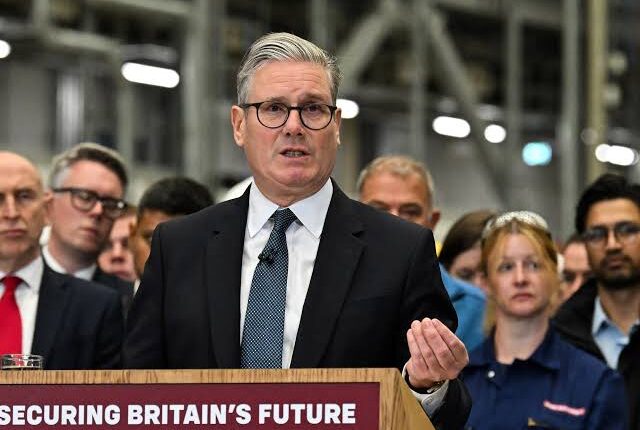As NATO Boosts Military Budgets, Europe Faces Pressure to Deliver Weapons
As NATO prepares to significantly raise defense spending under pressure from U.S. President Donald Trump, a critical question is emerging across Europe: can the continent’s defense industry meet the demand?
At a high-level meeting in The Hague this month, NATO leaders are expected to back major increases in military budgets, signaling a dramatic shift in Europe’s approach to collective security. But the challenge now lies in matching that spending with production.
“This is really keeping me up at night — making sure that we not only ramp up spending, but also ramp up defense industrial production,” said NATO Secretary General Mark Rutte on Thursday.
More than three years into Russia’s full-scale invasion of Ukraine, NATO officials warn that Moscow’s weapons production is outpacing that of the West. The alliance now fears that the Kremlin could be in a position to strike NATO territory within five years if current trends continue.
The pressure on European nations is immense. New hardware targets agreed this month demand a scale of rearmament not seen in decades — tanks, artillery, missiles, and drones are urgently needed both to support Ukraine and to rebuild depleted NATO stockpiles.
Rutte has urged members to commit to spending at least 3.5% of GDP on defense within the next seven years, alongside an additional 1.5% on security-related infrastructure — a combined total that would amount to hundreds of billions of euros annually.
The urgency was underscored during the recent “Weimar Plus” ministerial meeting in Rome, where top diplomats from Poland, Germany, Italy, Ukraine, and the European Union met to coordinate responses to growing security threats. The group reaffirmed support for Ukraine and discussed strategies to reduce dependency on U.S. military power.
While political will is rising, Europe’s defense manufacturing capacity remains stretched. Delays in production, supply chain bottlenecks, and limited skilled labor continue to hamper rapid expansion.
Still, with growing consensus that European security must no longer hinge on Washington, leaders say the moment for transformation is now. The race is on — not just to spend more, but to deliver.



[…] Foreign Minister Jean Noel Barrot and Qatari Prime Minister and Foreign Minister Sheikh Mohammed bin Abdulrahman bin Jassim Al Thani condemned the restriction of humanitarian aid to the Palestinian enclave, warning against what they […]